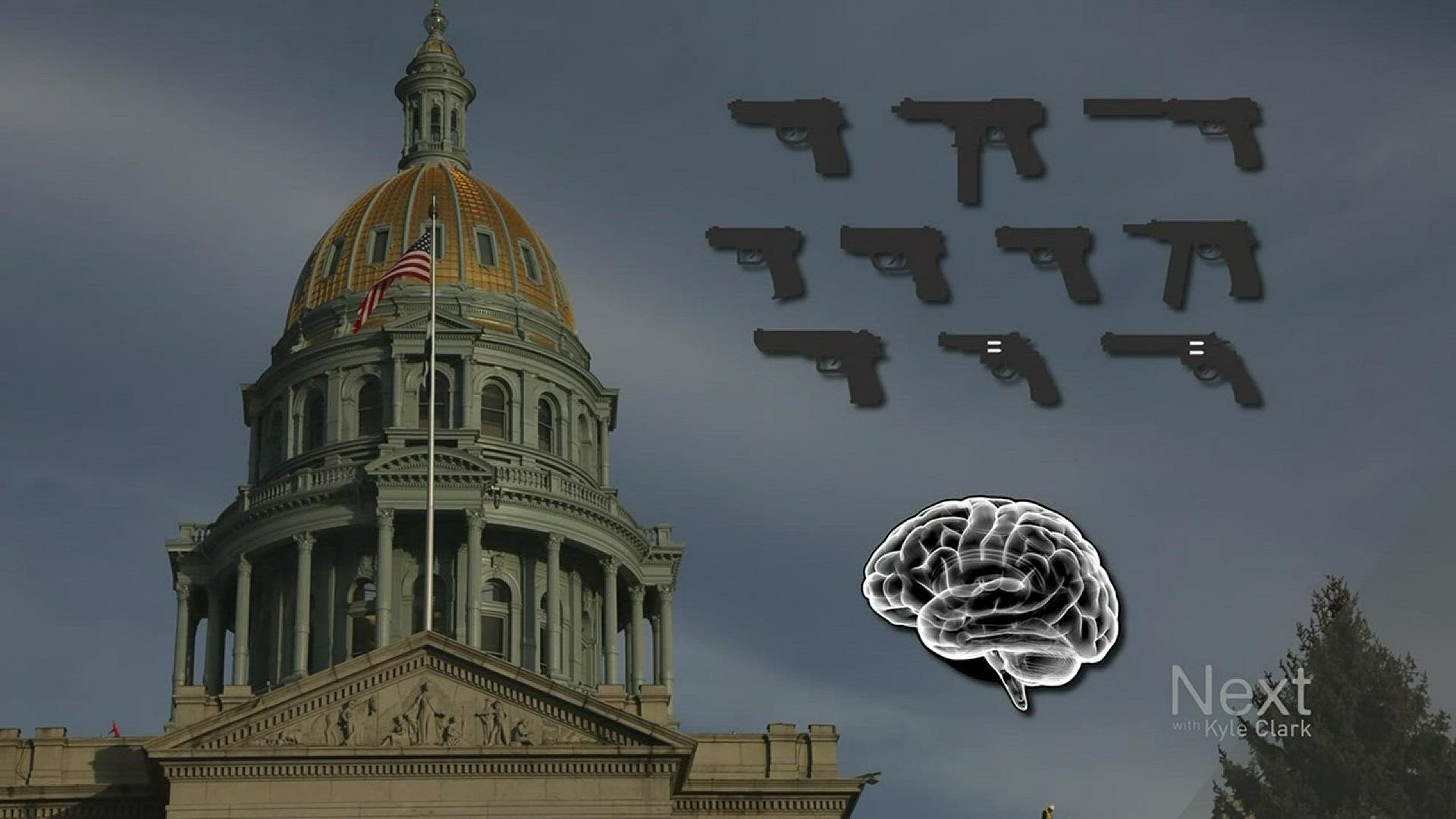When the legislative session begins in January, there is little stopping Democrats from putting any previously failed legislation onto the governor's desk.
Primary among those bills killed this past session is the red flag bill named for Douglas County sheriff's deputy Zackari Parrish.
Parrish was shot and killed on New Year's Eve while responding to a disturbance at an apartment. The shooter, Matthew Riehl, was also shot and killed.
The shooter was in the sheriff's office system as a "hazard," and when deputies responded on New Year's Eve, a message was sent to them calling it a "minimum 2 car response" and warning that he was a "veteran suffering PTSD" who "has access to weapons" and "is hostile towards law enforcement."
If signed into law, the red flag bill named for Parrish would allow family members or law enforcement petition a court to have a person evaluated, and if deemed an "extreme risk," would allow the judge to order weapons be taken away from that person for up to six months.
The bill passed the House this past session, with two Republicans voting in favor. It never made it to the Senate floor because it died on a party-line vote 3-to-2 in its first committee.
"That conversation never made it to the floor. I think that's one of the things that really hampered us last year with some of these conversations is the inability to allow thoughts to come to the floor, so we can have a robust debate," said Senate President-Elect Leroy Garcia (D-Pueblo).
With Democrats now in charge of the Senate with a 19-to-16 advantage, that won't be an issue for them next year.
"I'm more interested in what changes might we have to make to take an individual, a person, into custody, rather than taking their property from them," said Senate Minority Leader-Elect Chris Holbert
(R-Parker). "I'm more interested in empowering, helping law enforcement take an individual, a person, into custody, and possibly getting them mental help. How can we be of help to that person?"
Without a majority in either chamber, the Republicans will be at the will of what Democrats put in the legislation.
"Our model, that we created last year, was one of a kind in the entire country. I don't see us straying too far from the work that we did last year," said last year's red flag bill sponsor Rep. Alec Garnett (D-Denver).
Prominent Republicans outside of the State Capitol spoke out in favor of the legislation, including 18th Judicial District Attorney George Brauchler and Douglas County Sheriff Tony Spurlock.
At a news conference in April announcing the legislation, Spurlock challenged members of his own political party.
"We are not trying to take anything away from anyone. What we're trying to do is save lives and if you get in front of this or you interfere with it or you don't vote for it, you do not put the Coloradans that you represent - you are putting them in harms' way."
According to an analysis done by the Legislative Council this past year, 10 other states have red flag laws:
California
Connecticut
Delaware
Florida
Indiana
Maryland
Oregon
Rhode Island
Vermont
Washington
According to the Sheriff's Office investigating Thursday morning's nightclub shooting in Thousand Oaks, Calif., that shooter had been contacted by mental health evaluators and law enforcement but had never been deemed a threat to utilize that state's red flag law. California's red flag law allows for someone to have their weapons taken away for up to five years.
Colorado's legislative session begins on Jan. 4.

